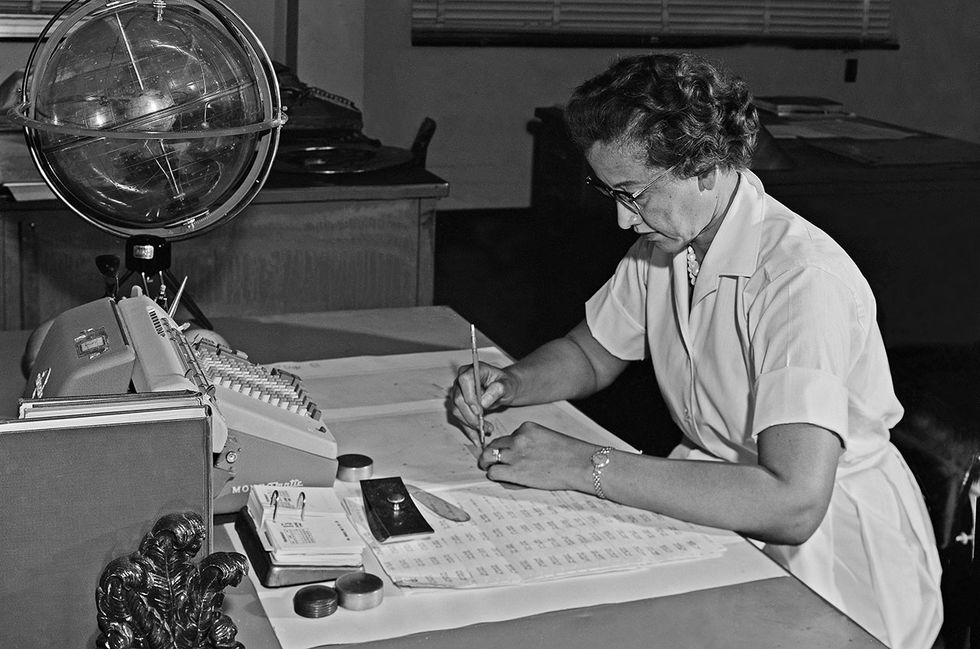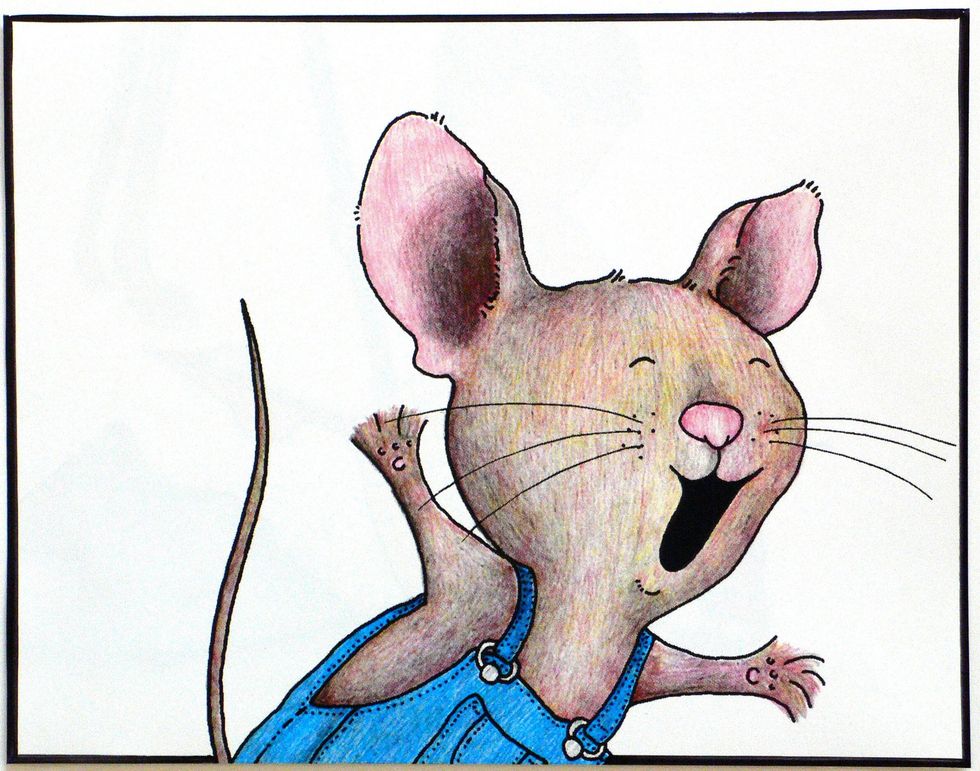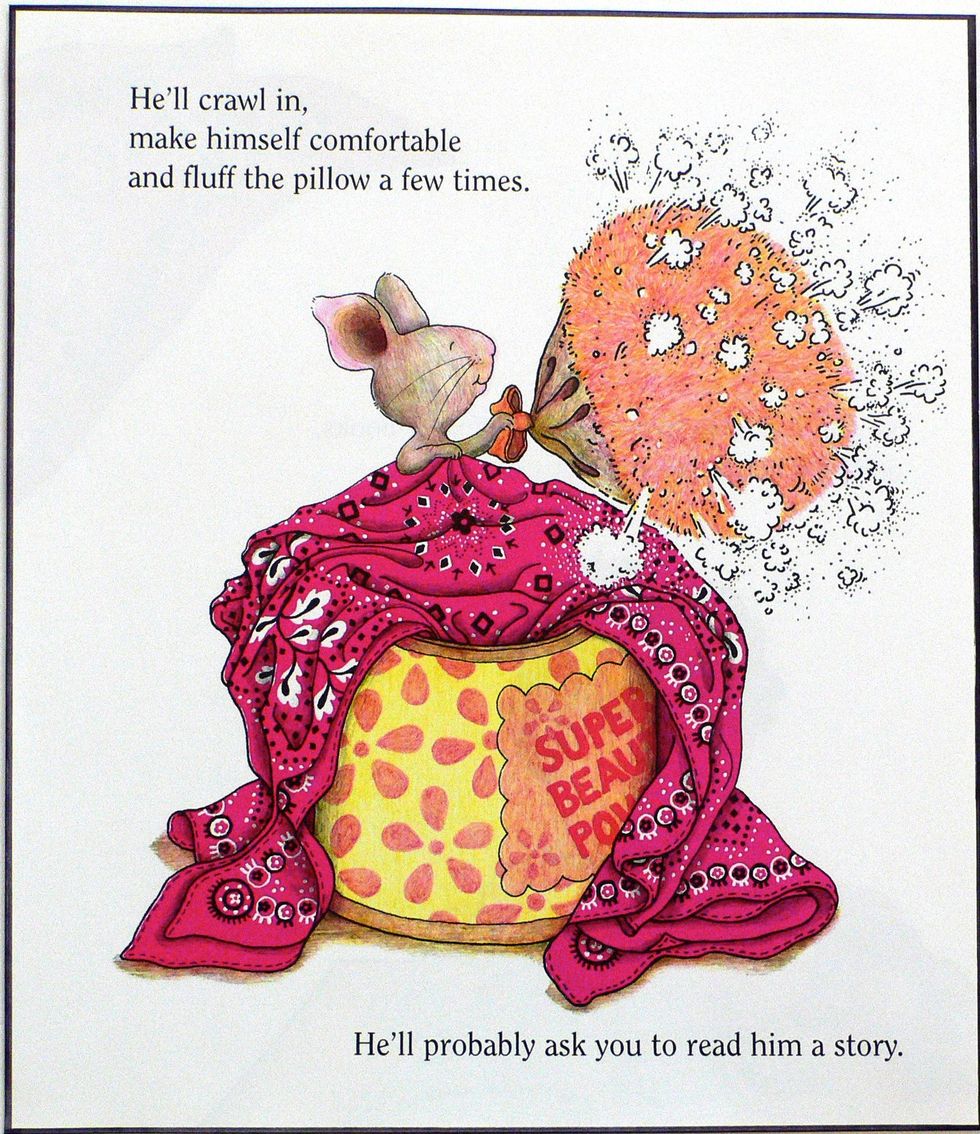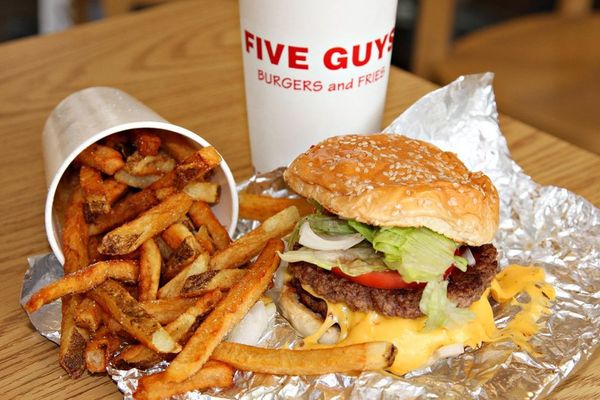Everyone loves a good story, but the best ones are those based on true stories (at least in my humble opinion). True stories catalog human strength, overcoming adversity and achieving the impossible.
They tell the world untold stories of what it's like to be a person raising the ordinary to extraordinary. They are not always beautiful or easy to watch, but they are real. I guess you could say this is what makes them beautiful.
These movies might not always stick to every fact, but they are infamous for catching the essence and authenticity of the stories. Not only do they give us insight into history, but they allow us to find connections from the past to the present.
The following are five true stories told to the world through film.
1. "Denial"
On September 5, 1996, Professor of Holocaust Studies, Deborah Lipstadt, was sued for libel by Holocaust denier, David Irving.
He sued her and Penguin for publishing the book "Denying the Holocaust," in which she referred to him as a "Holocaust denier, falsifier and bigot," claiming he distorted and manipulated legitimate documents.
Because the trial took place in England, the burden of proof lay on the defendant, Lipstadt, but nonetheless, she and her legal team navigated the case as if they were the prosecutors.
They ultimately won the case by using the "justification" tactic. Lipstadt's team argued and proved that she was justified in calling Irving by these names because he intentionally falsified and manipulated evidence.
Not only was Irving's stellar reputation tarnished, but he was also left bankrupt.
The judge, Mr. Justice Grey, wrote of the monumental decision: "History has had its day in court, and scored a crushing victory."
2. "Concussion"
This biological sports drama recounts the story of Dr. Bennet Omalu, a forensic pathologist whose research could combat head injuries in sports, namely the National Football League.
The NFL tried to suppress his research onchronic traumatic encephalopathy (CTE) brain degeneration -- in other words, concussions and their dangerous side effects.
Omalu's 2002 autopsy on the Pittsburg Steeler's player Mike Webster re-opened the doors into his research. Webster's death appeared sudden and without cause, but Omalu's self-financed tissue analysis told a different story.
Webster had been struggling for years with cognitive impairment, as well as mood disorders, drug abuse and suicidal tendencies. The doctor's findings showed the former football player had suffered from dementia pugilistica, a condition caused by repeated blows to the head.
Dr. Omalu wrote upon this discovery:
"We herein report the first documented case of long-term neurodegenerative changes in a retired professional NFL player consistent with chronic traumatic encephalopathy (CTE). This case draws attention to a disease that remains inadequately studied in the cohort of professional football players, with unknown true prevalence rates."
The NFL did not officially acknowledge Omalu's findings until late 2009, seven years after his initial findings.
3. "The Social Network"
Did you know Facebook started out as a rating system at Harvard? Mark Zuckerberg started it as a "hot or not" type game one drunken evening, in which he would put up two pictures of female students, and the players would get to decide which was the better looking.
The site exploded within hours, but was quickly shut down by the school. Zuckerberg faced expulsion as well as charges for breach of security and copyright infringement.
Eventually the charges dropped, which paved the way for his creation of what we know today as Facebook.
Zuckerberg reflects on his time at Harvard before leaving:
"I remember really vividly, you know, having pizza with my friends a day or two after—I opened up the first version of Facebook. At the time, I thought, 'You know, someone needs to build a service like this for the world.' But I just never thought that we'd be the ones to help do it. And I think a lot of what it comes down to is we just cared more."
As with any true story to movie, however, there are stark differences in truth. "The Social Network" portrays Zuckerberg as an insensitive and rude person, while Zuckerberg asks to be seen as "the good guy."
The narrative completely changes the core personality of arguably the biggest innovator of our time.
4. "Hidden Figures"
This inspiring story based off of the biographical book by the same name, tells the story of how three women fearlessly crossed the lines separating both gender and color.
Katherine Johnson, Dorothy Vaughan and Mary Jackson were considered Human Computers and invaluable assets to NASA. The story follows their lives as they overcome discrimination as women and African-Americans.
Katherine Johnson fought for her engineering degree, something not many women, much less African-Americans, were encouraged to pursue. In 1949, Dorothy Vaughan was promoted to Supervisor at West Computing, making her the first black supervisor at NACA, and one of very few women to achieve this step.
Mary Jackson was promoted to "Engineer" in 1958.
In regards to working at NACA/NASA, Johnson recounted:
"I didn't feel the segregation at NASA, because everybody there was doing research. You had a mission and you worked on it, and it was important for you to do your job...and play bridge at lunch. I didn't feel any segregation. I knew it was there, but I didn't feel it."
The three women successfully knocked down barriers in the STEM field, and undeniably proved success and intelligence knows no bounds.
5. "Gifted Hands"
Many people never made the connection between the brilliant and gifted neurosurgeon Ben Carson, and the slow-speaking, chronically tired-looking presidential candidate Ben Carson.
Before he ran for the presidency and became the Secretary of Housing and Urban Development, Carson was a hero and pioneer in the medical field.
He was the first surgeon to separate conjoined twins (they had been joined at the head), and the first surgeon to successfully operate on a fetus within the womb, as well as many other accomplishments.
He was also the youngest chief of pediatric neurology in the country at 33.
In his biographical book by the same name, Carson wrote:
“Success is determined not by whether or not you face obstacles, but by your reaction to them. And if you look at these obstacles as a containing fence, they become your excuse for failure. If you look at them as a hurdle, each one strengthens you for the next.”
This much is clear, whatever your political affiliation, this is an inspiring story that changed the medical field and is worth knowing.
What are some movies based on true stories you feel have impacted the world?



















